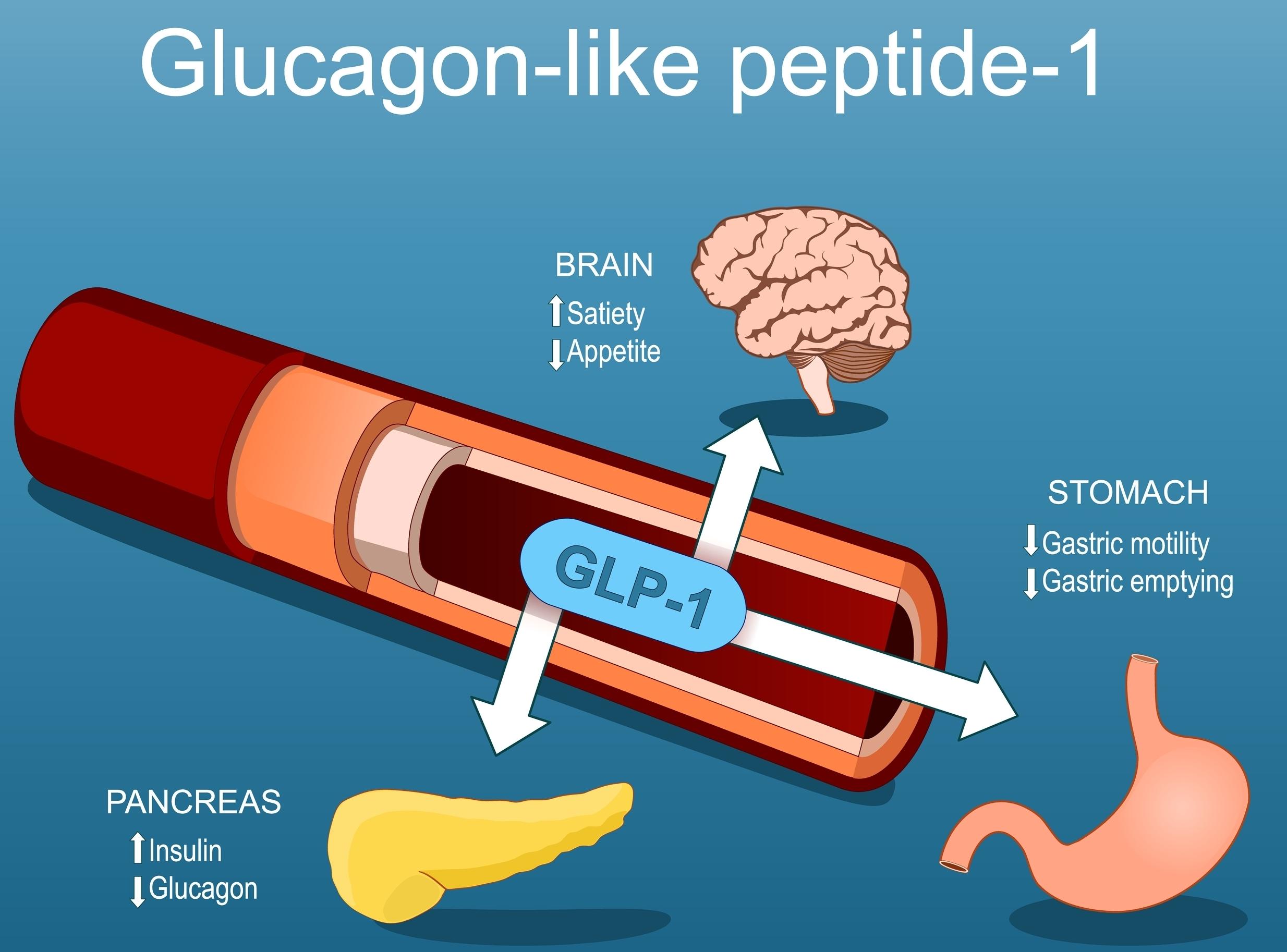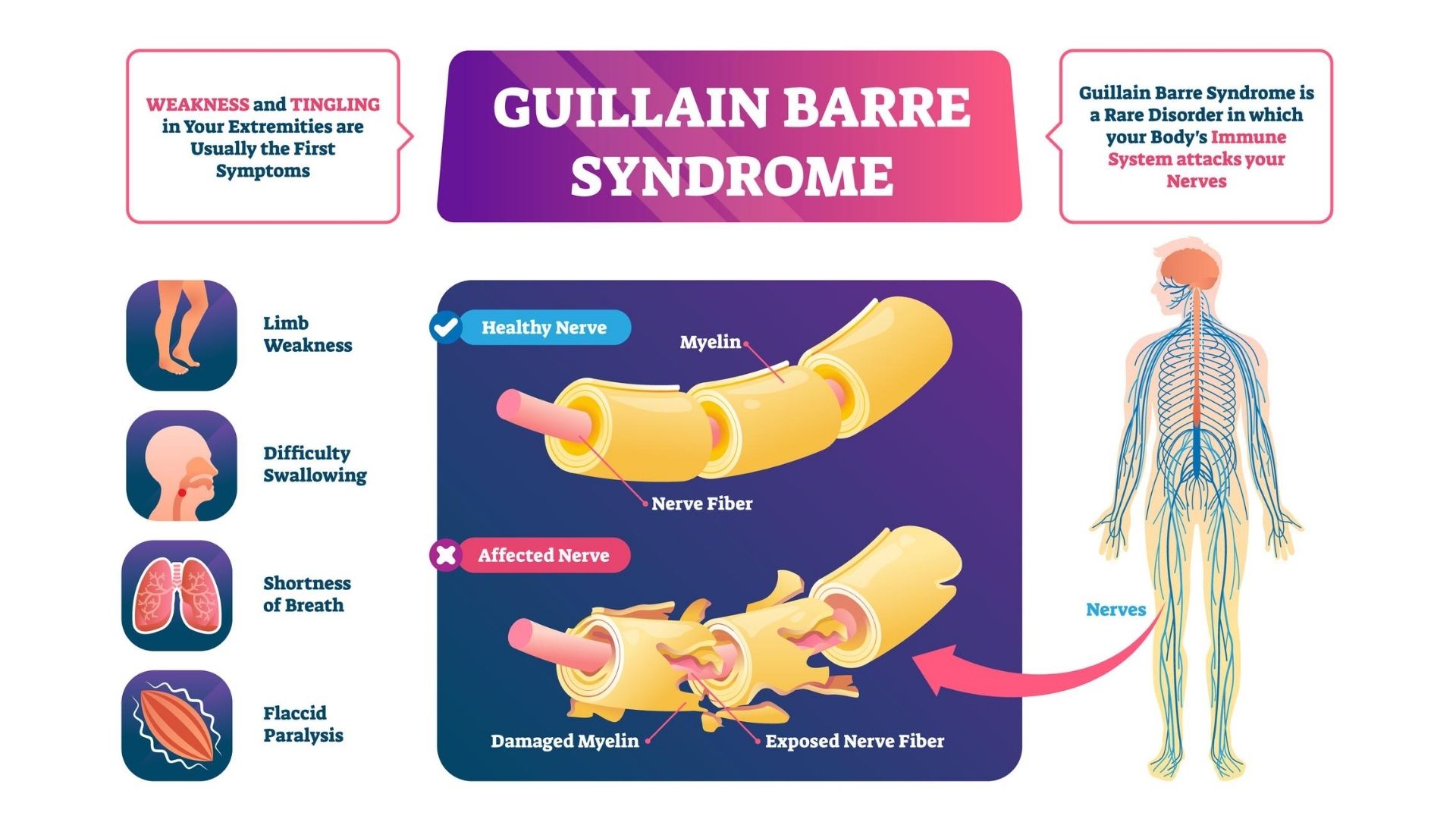World Health Day: Are You Living a Healthy Lifestyle?
World Health Day, observed every year on April 7th, serves as a global reminder of the importance of health and well-being. This special day focuses on raising awareness around key health issues and inspiring people to take action for a healthier future. As we reflect on the significance of this day, it’s the perfect time to embrace the idea of living a healthy lifestyle that nurtures both the body and mind.
Adopting positive health habits can transform our lives, leading to increased energy, improved moods, and a longer, more fulfilling life. In celebration of World Health Day, let’s explore some key aspects of a healthy lifestyle that can be easily integrated into daily routines.
1. Nutrition: Fuel Your Body Right
A nutritious diet is one of the cornerstones of good health. Eating a balanced, varied diet provides the body with the vitamins, minerals, and energy needed to function at its best.
-
Eat More Plant-Based Foods: Incorporate more fruits, vegetables, and whole grains into your meals. These foods are rich in nutrients and fiber, promoting digestive health and overall vitality.
-
Healthy Protein Choices: Opt for lean proteins like fish, poultry, beans, and legumes. Adequate protein intake is necessary for repairing muscles and maintaining a healthy immune system.
-
Good Fats: Include healthy fats in your diet, such as those found in avocados, nuts, seeds, and olive oil, which are beneficial for heart health and brain function.
2. Exercise: Keep Moving
Regular physical activity is vital for maintaining a healthy body and mind. Exercise not only improves physical fitness but also boosts mood and energy levels.
-
Stay Active Daily: Aim for at least 30 minutes of moderate-intensity activity, such as brisk walking, cycling, or dancing, most days of the week.
-
Strength Training: Include muscle-strengthening exercises two to three times a week to build bone density, enhance metabolism, and improve muscle strength.
-
Stretch for Flexibility: Incorporate stretching or activities like yoga to increase flexibility, reduce tension, and improve posture.
3. Mental Health: Nurture Your Mind
The state of your mental health has a profound impact on your overall life satisfaction. Managing stress and staying mentally healthy is just as important as physical health.
-
Practice Mindfulness: Meditation, deep breathing, and mindfulness can help reduce stress and improve mental clarity. Setting aside a few minutes each day for mindfulness exercises can make a big difference.
-
Stay Connected: Social connections are essential for emotional support. Spend time with family, friends, and loved ones to foster strong, supportive relationships.
-
Take Time for Yourself: Prioritize self-care by taking time each day for hobbies, relaxation, or simply unwinding in a way that brings you joy.
4. Sleep: Rest and Recharge
A good night’s sleep is fundamental to your health. When you sleep, your body heals, your brain refreshes, and your energy levels reset for the day ahead.
-
Maintain a Sleep Routine: Try to go to bed and wake up at the same time every day to regulate your body’s internal clock. Consistency is key to quality rest.
-
Create a Sleep-Friendly Environment: Keep your bedroom dark, cool, and quiet to promote better sleep. Avoid screens and bright lights before bedtime.
-
Get Enough Rest: Aim for 7-9 hours of sleep per night to ensure your body and mind are fully rested and ready to tackle the day.
5. Hydration: Drink Water, Stay Healthy
Water is essential for almost every function in the body. Staying hydrated supports digestion, circulation, and energy levels while helping to regulate body temperature.
-
Drink Water Regularly: Aim to drink at least 8 cups of water per day, more if you’re physically active or in hot weather.
-
Eat Hydrating Foods: Add water-rich foods like cucumbers, watermelon, and leafy greens to your diet for added hydration.
-
Limit Sugary Drinks: Try to reduce your consumption of sugary beverages like sodas and juices, which can contribute to weight gain and health issues.
6. Avoid Harmful Habits
Making healthy lifestyle choices includes avoiding harmful behaviors that can negatively impact your health.
-
Quit Smoking: Smoking is linked to a wide range of serious health problems, including heart disease and cancer. Seek support to quit and make healthier choices.
-
Moderate Alcohol Consumption: Drinking alcohol in excess can harm your liver, increase your risk for certain cancers, and affect mental clarity. Stick to recommended guidelines.
-
Stress Management: Chronic stress can lead to health problems like high blood pressure and anxiety. Find healthy ways to manage stress, such as exercising, meditating, or engaging in creative activities.
7. Routine Check-ups: Prevention Is Key
Regular health check-ups are essential to catch potential health issues before they become serious. Preventive care allows for early detection and timely treatment.
-
Schedule Annual Check-ups: Regular visits to your healthcare provider can help monitor your health and keep track of any changes.
-
Get Screened: Depending on age and risk factors, it’s important to get screened for conditions like high cholesterol, diabetes, or cancer. Follow your doctor’s recommendations for screenings.
Final words
World Health Day serves as a reminder that taking care of your health is the best investment you can make. By making small, sustainable changes in your daily habits — from eating well to staying active and prioritizing mental health — you’re setting yourself up for a longer, healthier life. Health is wealth, and every positive step counts toward a brighter, healthier future.
Let’s celebrate World Health Day 2025 by committing to a lifestyle that promotes overall well-being. Here’s to a future filled with health, happiness, and vitality!




